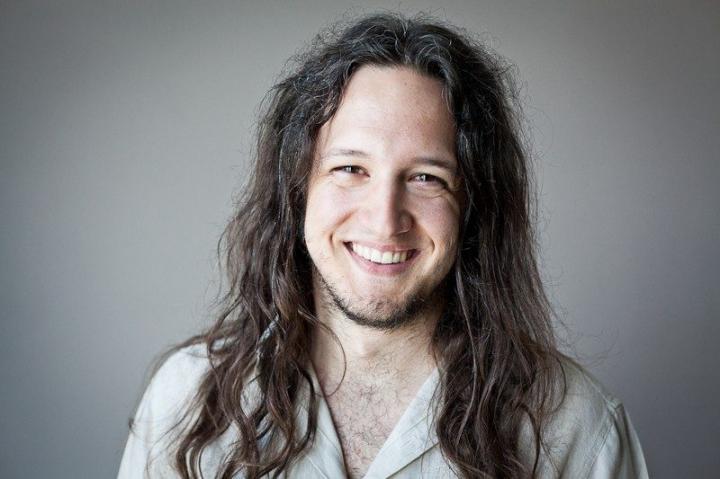
Credit: Virginia Tech
Think of any engineered system or product on the market. The decision for that system or product to be operational was made by an engineer. Given the same data, different engineers will make different decisions, but there are associated risks since the quality and safety of an engineered system or product is driven by the subjective mental processes of the engineer.
Today, we still do not understand how those subjective mental processes form and how they affect engineers’ decisions precisely, but Alejandro Salado, assistant professor in the Grado Department of Industrial and Systems Engineering in the College of Engineering, is addressing them with a National Science Foundation Faculty Early Career Development award.
With this five-year, $500,000 CAREER grant, Salado will work to unveil how engineers form subjective opinions from objective data by running experiments with three different groups of middle school students, undergraduate students, and professional engineers. More specifically, Salado will study the formation of engineers’ beliefs during systems engineering verification activities and to identify patterns of trial-and-error that better enable engineers to capture their beliefs in information artifacts.
Verification is a key activity in engineering because it shapes the confidence engineers have on the proper functioning of a system. Salado’s research can enhance the scientific understanding of verification in systems engineering, which will benefit society by enabling efficient system development with a more robust verification coverage and could lead to increased safety and efficacy of commercial products and services.
By using digital games that model real-world contexts as math word problems, Salados will study middle students’ conceptions about how math problems evolve as they learn about the mental models and problem definitions of their classmates.
“Math gives the wrong impression that engineering problems have a unique solution,” said Salado. “This is far from the truth. Instead, there are several solutions that may be correct, depending upon the mental model or problem definition that the engineer comes up with first.”
Salado will study undergraduate students by exposing them to open-ended problems that foster a solution-verification iterative approach to engineering in several courses from their first year in college to their senior year. By changing the type of assignments students receive, Salado will teach them how to navigate engineering problems with a different mindset. From this approach, Salado will understand if this will help provide better learning outcomes in terms of the realistic use in engineering.
“I believe that the way in which we expose students to engineering problems in college is very misleading from the real practice of engineering,” said Salado. “In college, we give a problem to a student and we expect an answer that is as close as possible to a solution key. If this is not the key, the student will try to justify why their answer is correct, and they should get some points for it. In engineering, we assume that a correct solution does not in fact exist. Rather, we come up to a solution by trying to break it apart with our colleagues. Once we reach a point where none of us can break it any longer, we live with it.”
While collaborating professional engineers, Salado will examine technical documentation that professional engineers use to make a prediction about a product or system that will work correctly before placing it into operation. He will run experiments on the engineers to see how their predictions change depending on the information they are exposed to, which will allow Salado to understand how an engineer forms a subjective guess from objective data.
With his findings, Salado hopes that it will enable the future development of analytical tools that can help aid engineers to make better decisions that will impact society. His long-term goal is to transform engineering education into a system where engineers learn to become decision makers of real-world engineering challenges rather than just solvers of idealized problems.
###
Media Contact
Lindsey Haugh
[email protected]
Original Source
https:/



